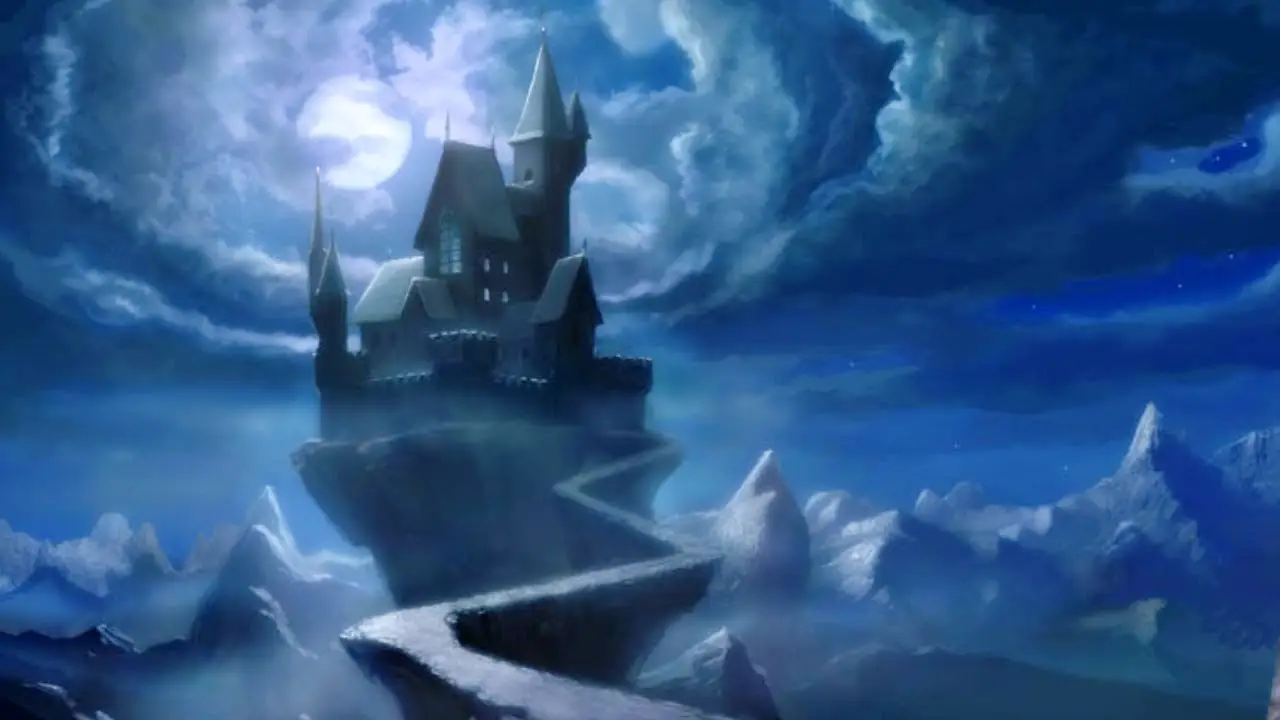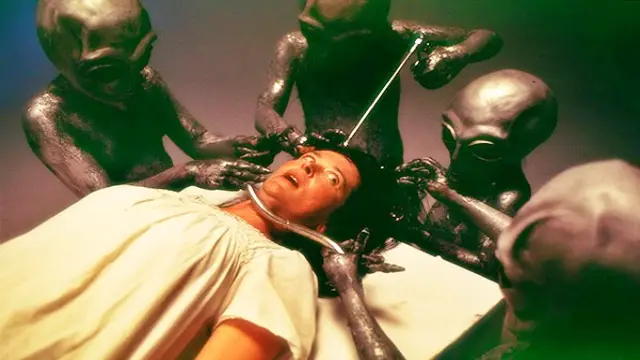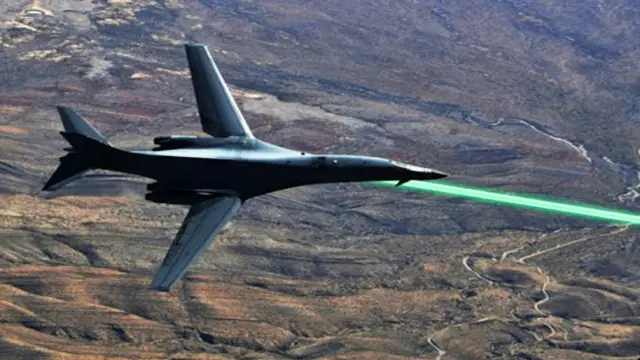n
n
n
n
n
n Twonthings make Nauru unique—it is the world’s smallest republic, andnits economy has been based on bird poop!
Twonthings make Nauru unique—it is the world’s smallest republic, andnits economy has been based on bird poop!
 Twonthings make Nauru unique—it is the world’s smallest republic, andnits economy has been based on bird poop!
Twonthings make Nauru unique—it is the world’s smallest republic, andnits economy has been based on bird poop!n
n
n
n
n
n
n
 |
| Nauru during WWII |
n
nWithnjust 8 square miles (or 21 square kilometers) of land and not toonmuch more than nine thousand residents, Nauru is a small island innthe South Pacific Ocean. It was settled by Micronesian and Polynesiannpeople, and it was taken over by the German Empire in the late 1800snand by Japan during World War II. In between the World Wars and afternWWII, it entered into trusteeship of Australia, New Zealand, and thenUnited Kingdom. On this date in 1968, it was granted independence.
n
n
n
n
n
 |
| Phosphate fields of Nauru |
n
nNaurunhad its heyday because of an unusual resource: bird droppings! Fornthousands of years, bird droppings called guano mixed with marinensediments and formed natural fertilizers from phosphate rocks.nUnfortunately, the mining of this resource was of the strip-minenvariety, and so the fertile land was depleted and the landscapendestroyed. For a while the island made a mini-boom from illegal moneynlaundering, but international pressure and government officialsncracked down on that “industry.” Now the island is quite poor andndependent on aid from Australia. Once called “Pleasant Island” bynBritish visitors, the island is now struggling to regain a reputationnas being pleasant.
n
n
n
n
n
nAccordingnto the Nauru tourism website, people can enjoy deep-sea fishing,nswimming, and scuba diving. But there hasn’t been a lot of touristndevelopment on the island. There is one airport, and flights onlyncome in once a week. There seems to be only two hotels and only a fewnrestaurants. (In comparison, my little hometown, which is just anrather boring suburban town in Southern California, is more thannthree times larger than Nauru in land area, has more than seven timesnthe population, and has at least five hotels.)
n
n
n
n
n
nAlsonon this date:
n
n
n
n
n
n
nAnniversary of first U.S. satellite in space
n
n
n
n
n
n
nChess composer Sam Lloyd’s birthday






















